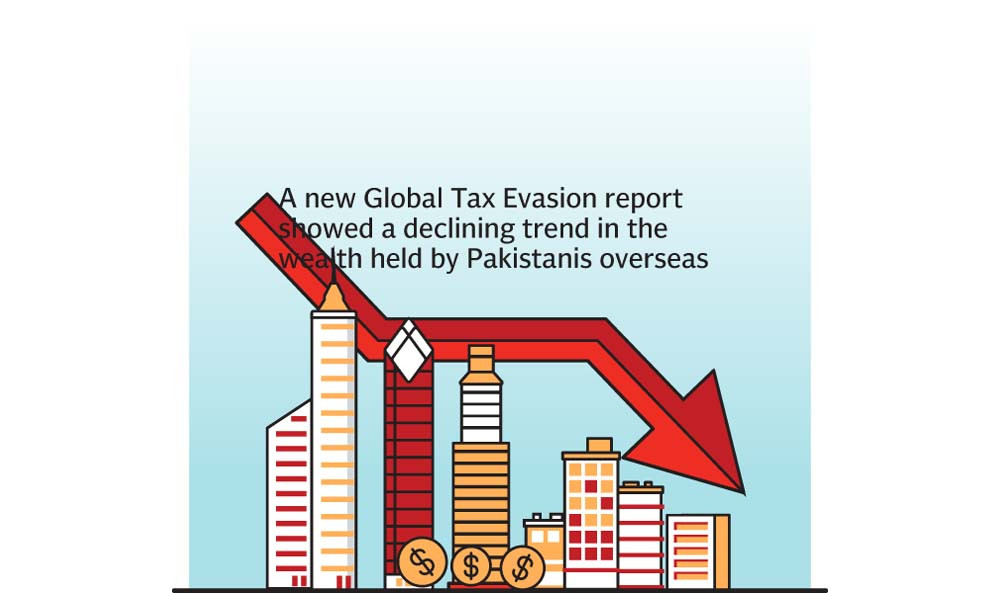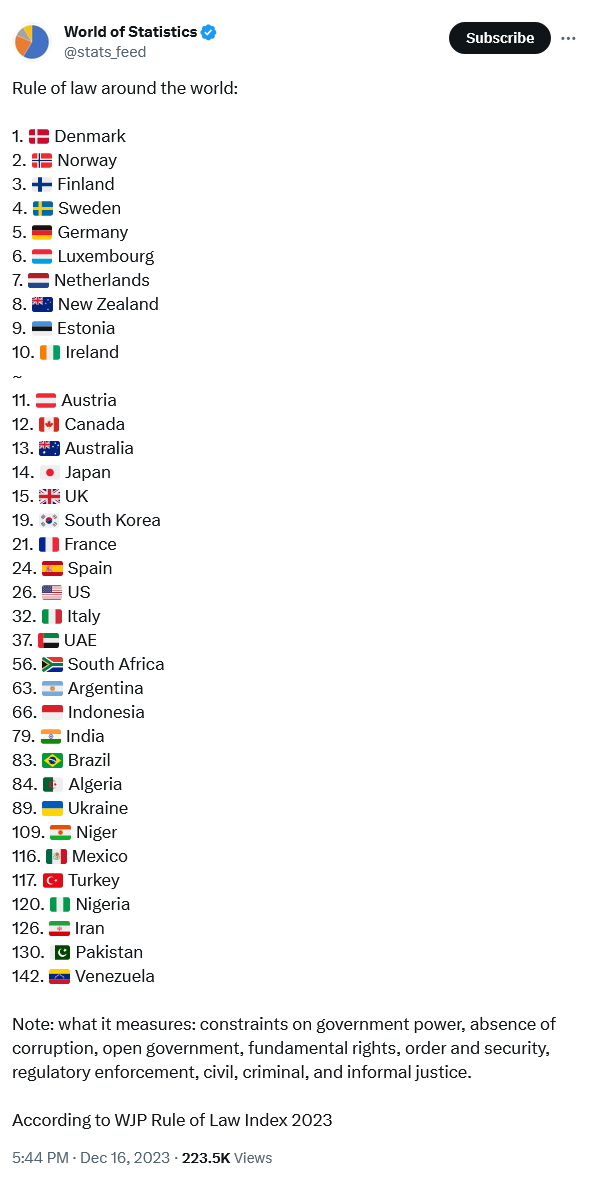When the richest make us rich? an impossible dream of economy
In a rapidly evolving global financial landscape, the wealth held by Pakistanis abroad is facing a noteworthy shift. As detailed in the Global Tax Evasion report produced by the EU Observatory, a body co-funded by the European Union (EU), Pakistanis now possess just over $19 billion in offshore assets. These findings not only offer insight into the dynamics of overseas wealth but also raise questions about the global tax system's efficacy.
A Decline in Overseas Wealth
In the financial world, figures often speak louder than words. The report sheds light on the fact that Pakistanis have seen a decrease in their offshore wealth compared to previous years. To be precise, there has been a reduction of $1.1 billion in the wealth owned by Pakistanis abroad when compared to 2021. This is a significant decrease, primarily associated with assets held in Asian tax havens, which decreased from $5 billion to $4 billion.
The report emphasizes the importance of tracking and understanding these trends, as they reflect broader changes in wealth allocation and the global economic environment.
A Focus on Real Estate Investments
One of the most noteworthy aspects of Pakistanis' overseas wealth is its concentration in Dubai's real estate sector. Of the $19.2 billion in offshore assets, a substantial $11.2 billion is invested in the real estate sector. This amounts to 3.6% of Pakistan's Gross Domestic Product in 2022. Dubai, as a global city known for its vibrant real estate market, has become a preferred choice for Pakistani investors.
Taxing the Billionaires
The Global Tax Evasion report goes beyond presenting data and ventures into the realm of policy recommendations. One of the striking proposals made in the report is the call for countries to impose a minimum 2% income tax on the world's billionaires. This initiative aims to address the issue of a disproportionately low income tax contribution from the world's wealthiest individuals. In fact, the report highlights that these billionaires contributed a mere $44 billion in personal taxes despite collectively holding $13 trillion in wealth.
The proposed 2% minimum tax could potentially generate a staggering $250 billion in annual revenues. This intriguing proposition challenges the existing taxation norms and opens up a discourse on wealth distribution and social responsibility.
Shifting Priorities: From Switzerland to Asian Tax Havens
The report provides insights into the shifting priorities and preferences of Pakistani investors. While Switzerland once held the highest amount of assets owned by Pakistanis, with figures reaching $19 billion in 2007, this trend changed significantly by 2016. By that time, the wealth held in Switzerland had dwindled to $2 billion. This significant shift in assets coincided with a period of political change in Pakistan, following the Panama leaks. These findings suggest that Pakistanis might have strategically relocated their wealth from Switzerland to predominantly Asian tax havens.
In 2007, just over half a billion dollars was parked in Asian havens. However, this figure had grown substantially to $5 billion in 2021 before witnessing a decrease to $4 billion in the following year. This trend reflects a complex interplay of economic and political factors that impact offshore wealth management.
Implications for the Future
The Global Tax Evasion report underscores the need for comprehensive taxation reform and transparency in the financial world. It highlights the challenges posed by profit shifting and tax evasion by multinational companies. In 2020, Pakistan experienced a $430 million loss in revenue due to profit shifting by these companies, with a significant portion attributed to the shifting of profits to non-EU tax havens.
Additionally, the report recommends the strengthening of the global minimum tax on multinational companies, free of any loopholes, to generate an additional $250 billion annually. These proposed reforms are seen as essential to address pressing global issues, such as climate change, which require substantial public revenue. This funding could be sourced through the implementation of a 2% tax on just 3,000 of the world's wealthiest individuals and the closure of corporate tax regime loopholes.
In conclusion, the dynamics of overseas wealth held by Pakistanis and the proposed taxation reforms in the Global Tax Evasion report offer a captivating glimpse into the evolving world of global finance and taxation. These trends not only impact Pakistan's economy but also resonate with broader global challenges, emphasizing the need for transparency, accountability, and responsible wealth distribution on a global scale.














